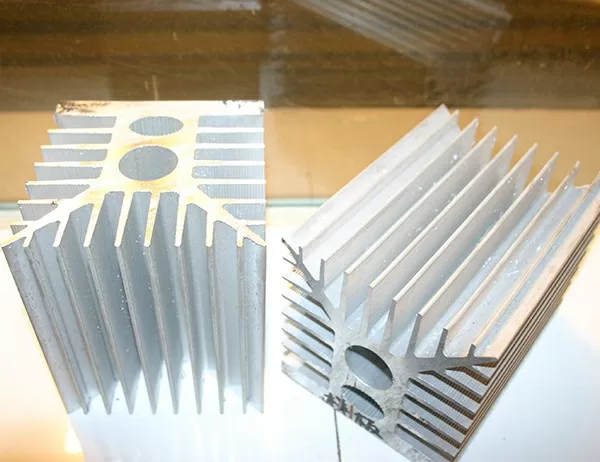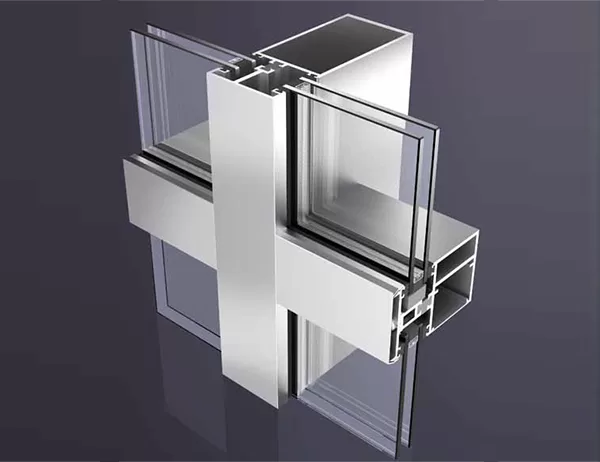In the realm of solar energy, the selection of frame materials for solar panels plays a crucial role in ensuring their durability, performance, and overall lifespan. Among the various options available, aluminum frames stand out for their unique combination of strength, corrosion resistance, and aesthetic appeal. This article delves into a comprehensive comparison of aluminum frames to other commonly used frame materials for solar panels, highlighting their respective advantages and considerations.
Durability and Longevity
Aluminum is renowned for its exceptional durability and resistance to corrosion. Unlike steel or iron frames, which are susceptible to rust and oxidation over time, aluminum frames are highly resistant to the elements. They can withstand harsh weather conditions, including extreme temperatures, moisture, and exposure to salt and other corrosive substances. This enhanced durability translates into a longer lifespan for solar panels, minimizing the need for costly repairs or replacements.
Aluminum frames offer an ideal balance between strength and weight. They provide robust support for solar panels while being lightweight and easy to handle. This is particularly advantageous for large-scale solar installations, where the weight of the panels can be a significant factor. Aluminum’s high strength-to-weight ratio allows for the creation of frames that are both durable and portable, optimizing the overall efficiency and cost-effectiveness of the solar system.
Thermal conductivity and electrical insulation are crucial considerations for solar panel frames. Aluminum is a highly conductive material, which facilitates the transfer of heat from the solar panels to the surrounding environment. This heat dissipation helps to prevent overheating and ensures optimal performance of the panels. Additionally, aluminum frames provide excellent electrical insulation, preventing potential electrical hazards and ensuring the safe and reliable operation of the solar system.
Besides their technical advantages, aluminum frames also offer aesthetic benefits. Aluminum’s sleek and modern appearance complements the visual appeal of solar panels. It can be anodized in a variety of colors to match the design aesthetics of different buildings and architectural styles. This flexibility allows solar panels to be seamlessly integrated into the overall façade of a building, creating an attractive and cohesive look.
Sustainability and Environmental Impact
In an era of increasing environmental awareness, the sustainability of frame materials is a significant consideration. Aluminum is a highly recyclable material, with a recycling rate of over 70%. This means that a significant portion of the aluminum used in solar panel frames can be reused, reducing waste and promoting a circular economy. Additionally, the durability of aluminum frames reduces the need for frequent replacements, further minimizing the environmental impact of solar energy systems.
Cost Considerations
While aluminum frames offer numerous benefits, their cost is often higher compared to other frame materials such as steel or plastic. However, the long-term durability and low maintenance requirements of aluminum frames can offset the initial investment over the life of the solar panel system. The reduced need for repairs or replacements, as well as the potential for higher efficiency due to optimal thermal management, can justify the higher upfront cost of aluminum frames.
Aluminum frames for solar panels offer a comprehensive combination of advantages that make them a preferred choice in the solar industry. Their durability, strength, lightweight design, thermal conductivity, electrical insulation, aesthetics, sustainability, and long-term cost-effectiveness make them a reliable and versatile solution for both residential and commercial solar installations. By carefully considering the factors outlined in this article, solar installers and homeowners can make informed decisions about the best frame materials for their specific needs and applications.




